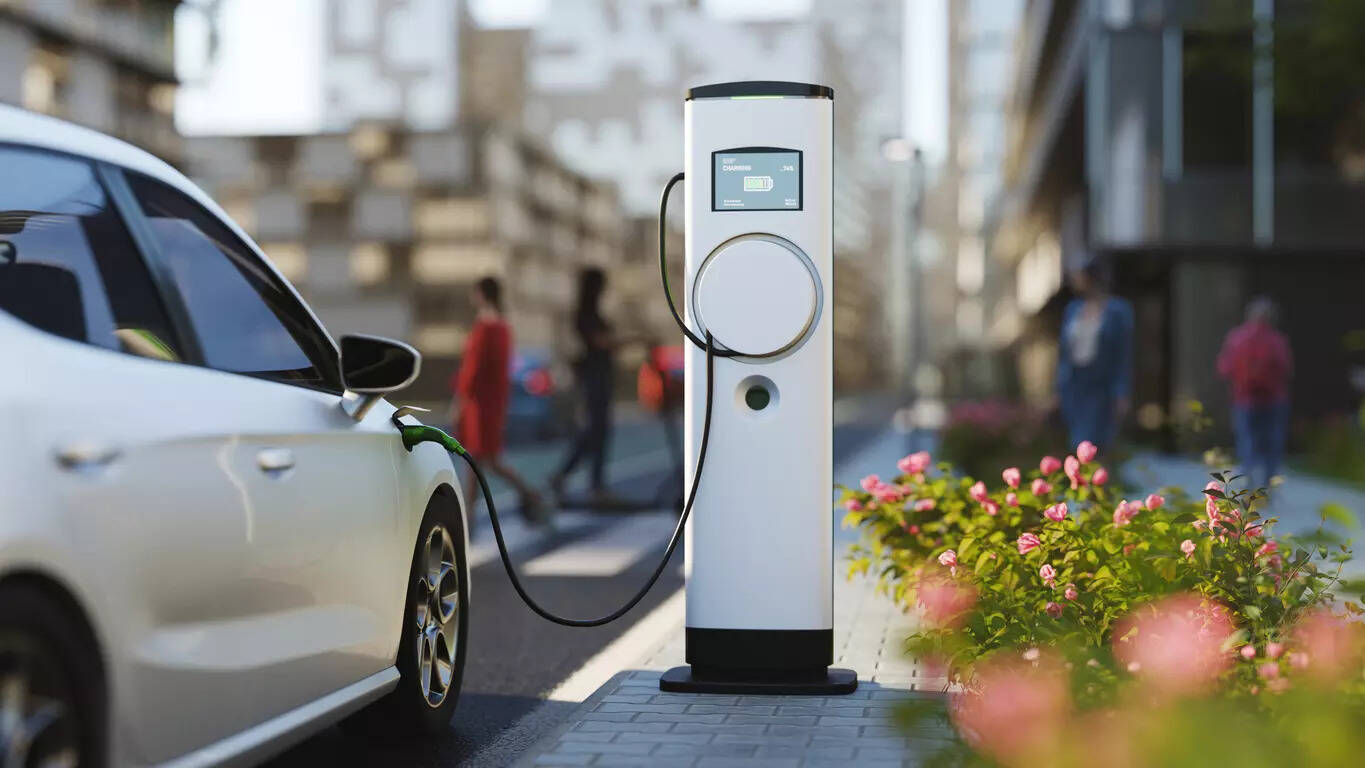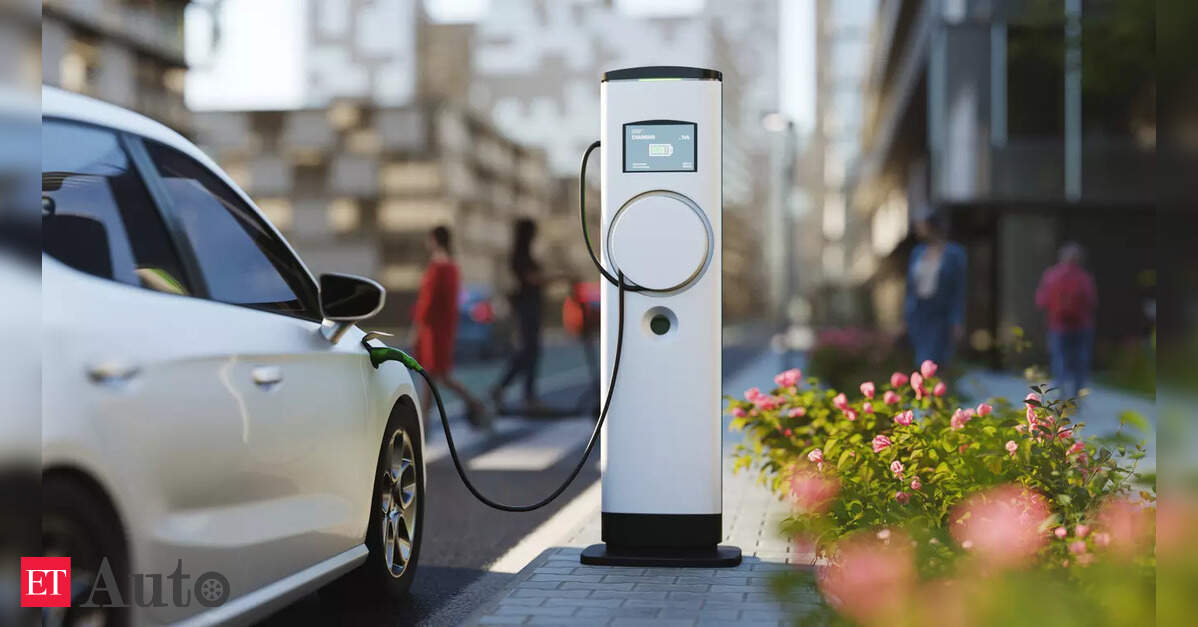 Polestar has implemented discounts and offers on its vehicles in Europe to lure wary buyers as the continent faces uncertainty due to trade tensions with the US
Polestar has implemented discounts and offers on its vehicles in Europe to lure wary buyers as the continent faces uncertainty due to trade tensions with the USElectric vehicle maker Polestar reported a wider loss for the second quarter on Wednesday, after US tariffs and intensifying price pressure led to an impairment charge of its flagship model, Polestar 3.
Despite strong sales in its home market of Europe, demand for Polestar’s vehicles was pressured in the US, a key region, as a high cost of living and worries of a possible recession prompted consumers to withhold spending on pricey electric cars.
The imposition of US trade tariffs on global trading partners has hit the automotive industry hard, with automakers including Polestar scrambling to adjust supply chains and shift manufacturing to mitigate the impact.
Polestar reported a net loss of $1.03 billion for the quarter ended June 30, compared with a loss of $268 million a year earlier.
The company slashed the recoverable value of the Polestar 3 to $25 million, leading to a $739 million impairment charge recorded in cost of sales.
Polestar has implemented discounts and offers on its vehicles in Europe to lure wary buyers as the continent faces uncertainty due to trade tensions with the US
Offers and discounts have not helped the company in the US, which saw a 56% fall in second-quarter sales, as consumers opted for cheaper hybrid and gasoline-powered vehicles over pricey electric ones.
Other US EV makers including Tesla and Rivian also saw declines in second-quarter deliveries.
Polestar’s cash position was $719 million at the end of the second quarter, compared with cash of $732 million in the preceding three months.



